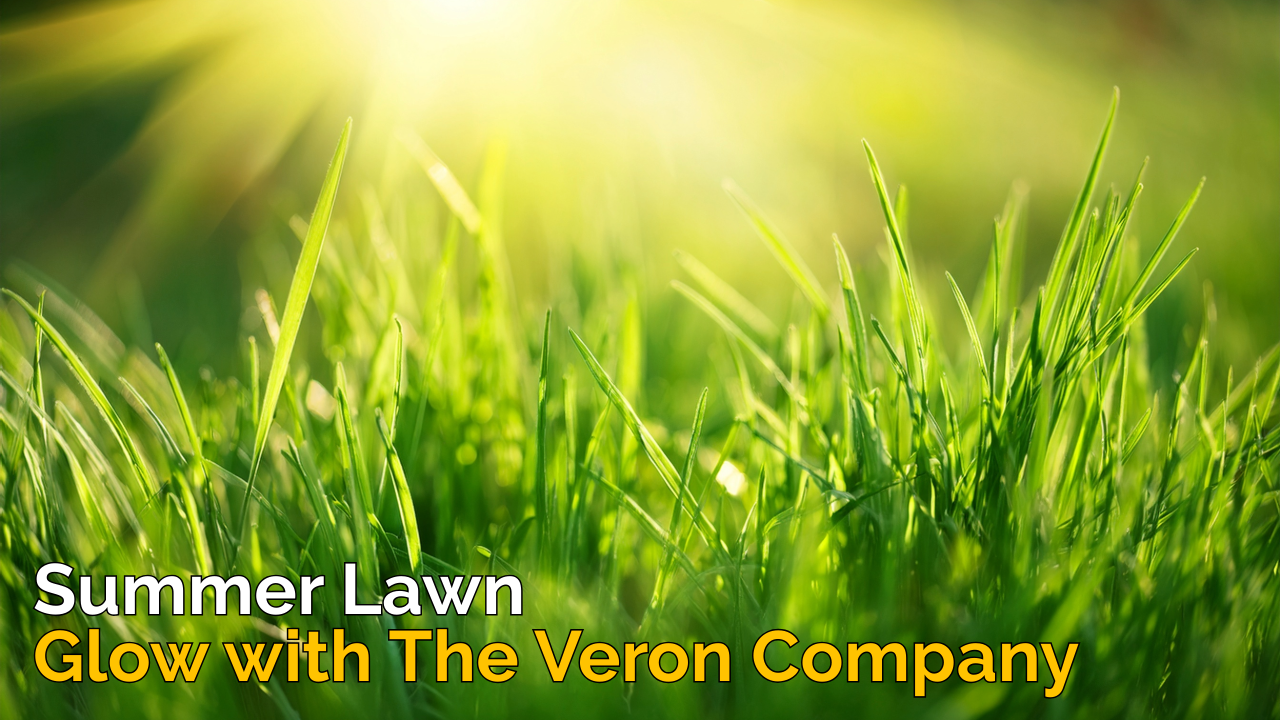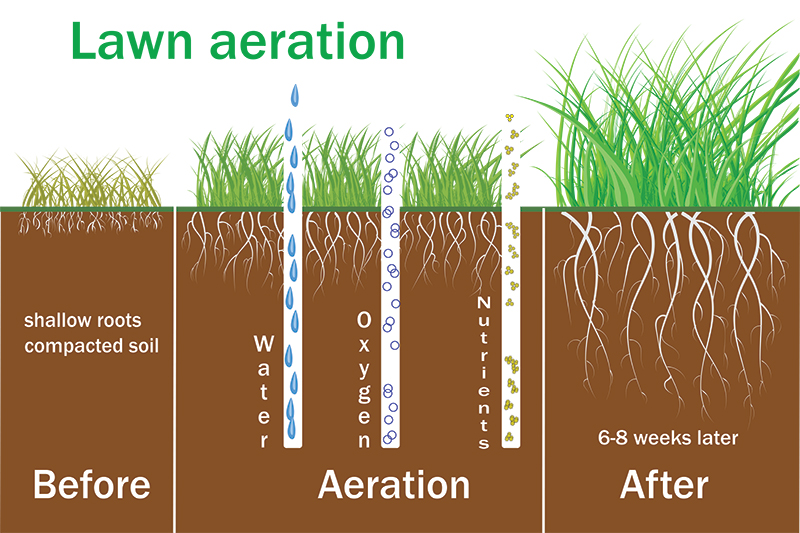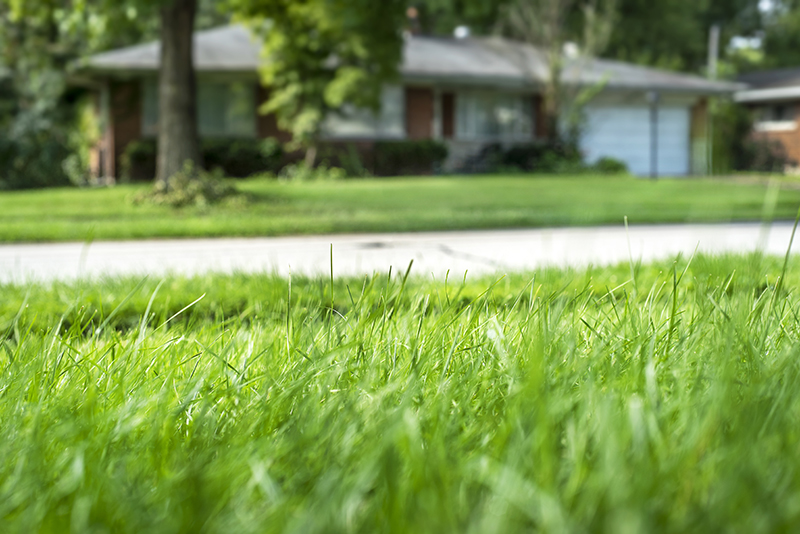The Facts about Fertilizer
Spring is finally here, and you know what that means. Landscapers and homeowners across America will be busily working to fertilize their lawns, working to have the most outstanding landscape in the neighborhood. For business owners, depending on your budget, you may want to do the fertilization yourself. Or you may want to hire professionals who can ensure that this process is handled correctly from start to finish. If you do try to do this yourself, here are some Do’s and Don’ts of Fertilizing Your Lawn:
When to Fertilize is as Important as How to Fertilize
Don’t rush to spread the fertilizer the minute spring arrives. It’s best to wait until late spring, because this is when the grass is really starting to grow. If you fertilize too early, you’ll interrupt the root development process. Also, if you fertilized in the fall, there will be some lingering effects from that when the cooler grasses come back to life in the spring. So you don’t want to overdo it.
Organic Versus Traditional Fertilizers
You’ve seen the commercials for heavy-duty, turf-building fertilizers available at most home stores. These synthetic fertilizers are loaded with chemicals that run off into sewers, streams and rivers, and negatively impact the environment. The recommended amount to use per application is also questionable, because these companies want to sell as much fertilizer as possible. But there’s such a thing as too much. A healthy lawn should be a nice light green color. A lawn that’s a very dark green color contains too much nitrogen, an indicator that it has been fertilized too much.
If you want to do your part to protect the environment, you can achieve the same results with organic fertilizers. In stores, the labels will be marked as organic. Also, using the grass clippings from a mulching mower works very well, too. Experts have found that this method provides your lawn with the same amount of nitrogen necessary for a healthy lawn as one application of a chemical fertilizer. So you can get that healthy, lush light green lawn without contaminating the water supply.
Why Organic Fertilizer is the Better Choice
Everything begins with healthy soil. Nutrient-rich soil is the basis for a beautiful, healthy landscape. Artificially manufactured fertilizer cannot improve unhealthy soil. Instead, it dumps large quantities of minerals that plants do need, but all at once in concentrated amounts, without allowing them to break down the nutrients slowly and naturally. Organic fertilizer, on the other hand, releases these nutrients slowly into the ground, giving them time to break down in a way that is more in step with nature, letting it take its course. Organic compost can also help to restore nutrients to soil that may be lacking them, creating a healthier, more symbiotic relationship to the environment.
FUN FACT: For plants to grow and be healthy, they require nitrogen, potassium, phosphorus, calcium, magnesium and sulfur. In smaller amounts, they need zinc, iron and other minerals as well. Organic materials—grass clippings, vegetable peels, leaves and garden waste—can provide all of these necessary nutrients your lawn and surrounding plants need to thrive.
So this spring, consider going with a natural, organic fertilizer choice. Or call on the professionals at The Veron Company, dedicated to providing organic, environmentally-friendly and beautiful landscaping, as well as other services. Keep checking our blog for more maintenance tips, and contact us today to let us go to work for you!
The Veron Company, serving Marlborough, Massachusetts and surrounding areas, including Cape Cod since 1982.







